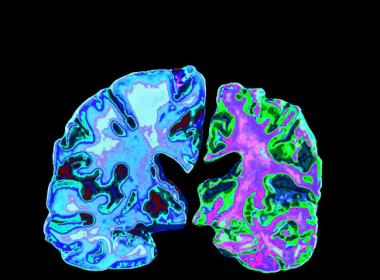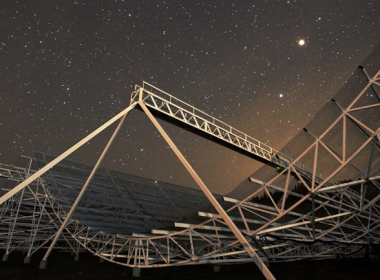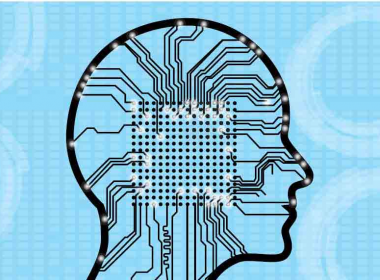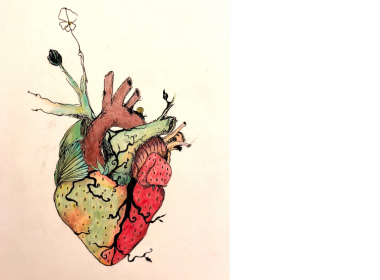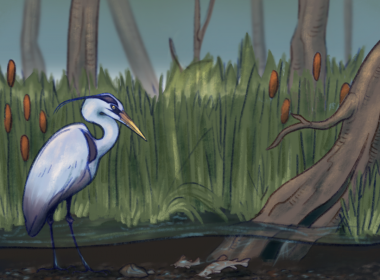The hacker has gained a mythic status in modern tech-centric pop culture, simultaneously defining a righteous activist and a chaotic criminal. Despite the mystery shrouding the affairs of hackers and their collectives, Gabriella Coleman has dedicated her life’s research to uncovering and unravelling the real story behind hacker culture. A[Read More…]
Science & Technology
The latest in science and technology.
A new treatment for Alzheimer’s
Alzheimer’s disease currently affects around 44 million people worldwide. The disease destroys cells in the brain, inducing symptoms such as memory loss, mood swings, poor judgement, and a shortened attention span. The number of Canadians suffering from this debilitating illness is rising, but no cure or treatment currently exists to[Read More…]
From the Brainstem: Scientific publishing is broken
A $25 billion industry with profit margins that put Silicon Valley to shame, academic publishing is big business. For years, library budgets have buckled under the growing strain of price-gouging subscription fees, while scientists remain at the behest of a cabal of companies for the sake of their careers, caught[Read More…]
Uncovering the mysteries of deep space with CHIME
For the first time ever, the Canadian Hydrogen Intensity Mapping Experiment (CHIME) telescope detected a repeating fast radio burst (FRB) that follows a regular 16-day cycle. The Feb. 13 discovery comes a month after the CHIME telescope detected the second ever FRB from deep space. It adds a new clue[Read More…]
Linking physical exercise to video games
After another record-breaking year for revenue and involvement in the industry, it is clear that video games are an increasingly large part of North American culture. Despite a wide acceptance of video games across all demographics, the majority of players are still children and young adults. Gaming’s young demographic is[Read More…]
Montreal start-up Aifred Health is applying AI to mental healthcare
Mental health treatments for conditions such as depression are currently based on an arduous ‘trial and error’ process. Matching people with the right care is difficult: An individual experiencing depression might consult different specialists who may recommend various different kinds of treatment, none of which could actually work. Aifred Health,[Read More…]
Patching holes in broken hearts
In the complex circulatory system of the human body, no artery is as vital as the aorta. This large vessel takes oxygen-rich blood from the chambers of the heart and delivers it to the brain, muscles, digestive system, and other sites of metabolism in the body. Aortic aneurysms, one of[Read More…]
Combatting climate change with concrete actions
It is clear that climate change—or, more appropriately, the climate crisis—is a defining issue of this century. However, it is not yet clear what the solutions to this human-made crisis are. Carbicrete, a company founded by McGill alumni Chris Stern (BEng ‘94) and Mehrdad Mahoutian (Ph.D 2014), is undertaking the[Read More…]
Conservation in the digital age
The power of a convincing story often goes overlooked in the scientific community. While most researchers opt to display their findings in flashy publications or high impact journals, others are taking a less traditional but conceivably more impactful approach at communicating their findings. Story maps are a simple yet elegant[Read More…]
The ubiquity of human song
From songs on the radio to birds chirping outside, humans are constantly surrounded by music. However, while making music appears to be a universal phenomenon, the vast diversity of music across different cultures also seems to point toward variation. Furthermore, human song’s global similarities have never been proven through research. [Read More…]

